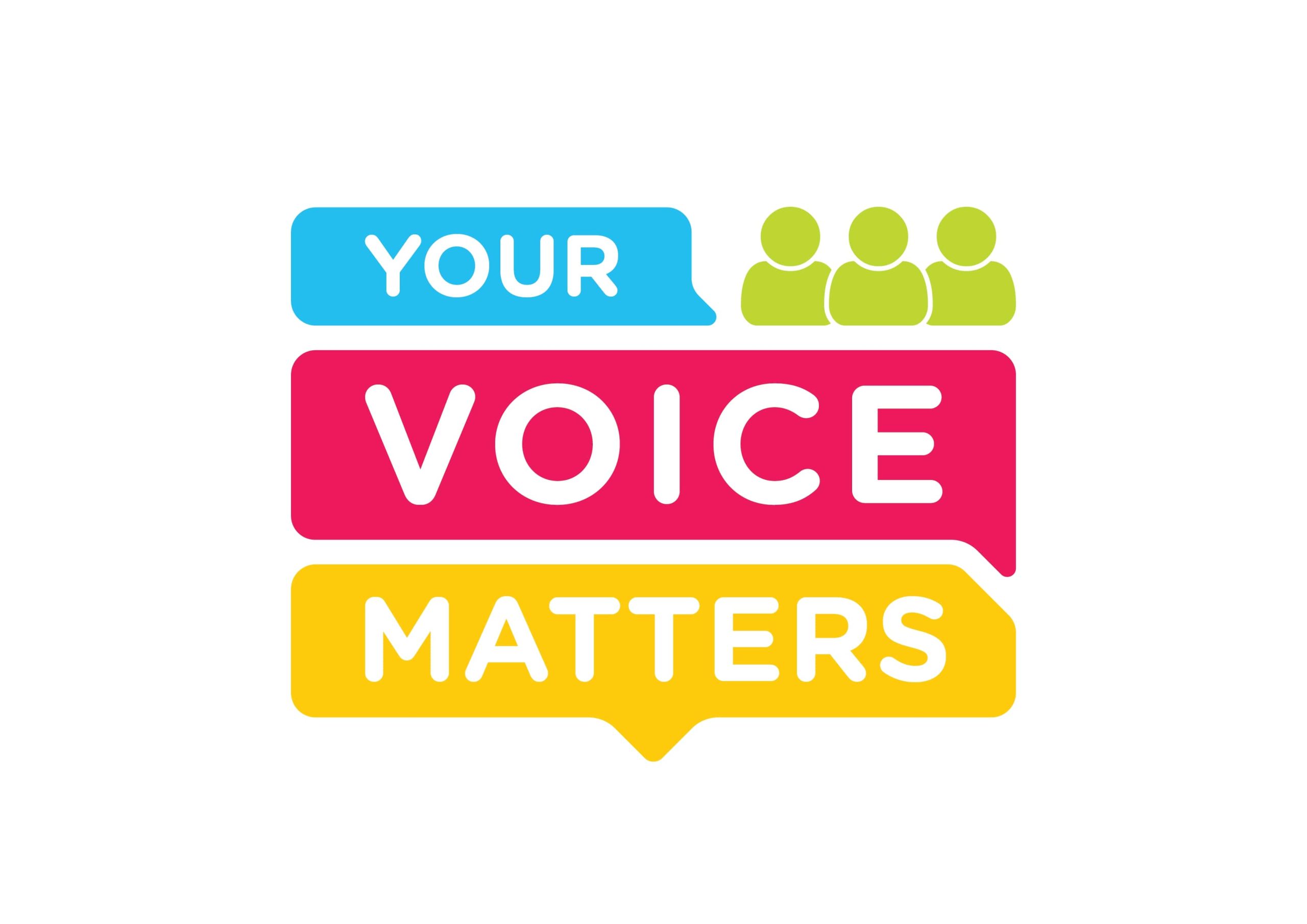World Obesity Day on March 4 is an important reminder of the need to address obesity as a global public health issue. A global initiative to raise awareness about the growing obesity epidemic and its impact on health, this year’s World Obesity Day theme is about changing perspectives on the stigma of people living with obesity.
Obesity is a multifactorial disease that affects people of all ages, genders, and backgrounds. It is not simply a matter of personal responsibility or willpower.
Obesity is often equated with weight gain, but it is important to acknowledge that diet is not the sole contributor to the development of obesity. Other factors, including genetics, medication use and lifestyle habits like physical activity and sleep quality, can also lead to weight gain.
It is crucial to recognise that treating obesity is about improving overall health, rather than simply focusing on weight loss. Although weight is one measure of obesity, it is just one aspect of a larger picture of health.
In terms of nutrition, the increased intake of ultra-processed foods with little nutritional value due to urbanisation is one of the root causes of obesity. Prolonged and uncontrolled intakes would increase the risk of diet-related diseases such as diabetes, high blood pressure, and heart complications.
A tool that may help individuals achieve a healthier lifestyle through better nutrition is MyDietCam. MyDietCam is a Malaysian-based diet application that uses food recognition technology to help users monitor their food intake and generates a daily diet quality score.
With its focus on quality food choices rather than just weight loss, MyDietCam aligns with the goal of improving overall health and wellbeing, making it a valuable tool in obesity management.
MyDietCam’s food recognition technology has been tested in the real world with a recognition accuracy of 72 per cent across a wide variety of food items.
Regular use of MyDietCam can help users become more aware of their food choices and make more informed decisions in subsequent meals. This can help users achieve a better diet quality and potentially reduce the risk of obesity-related health problems.
While diet applications like MyDietCam can be helpful, there are other ways to monitor diet without using them, such as:
- Keeping a manual food diary: Writing down what you eat and drink can help you become more aware of your food choices and potentially identify areas for healthier alternatives.
- Taking pictures of food before each meal: Like a written food diary, but in a pictorial format. Serves as a visual reminder of what you are consuming and help you track your intake over time.
- Prepare daily or weekly meal plans (within your means): To be more selective and aware of future food options to be incorporated. This can save you time and money by reducing the likelihood of impulse buys.
These measures do not imply in any way the restriction of any food groups or food items in your diet. These are simply suggestions to help increase awareness and improve your personal food choices.
At the same time, you may also keep track of how you feel after eating certain foods and watch out for hunger and fullness cues.
As we mark World Obesity Day, it is essential to recognise that obesity is a complex issue that affects individuals worldwide. The stigma associated with obesity needs to change, with the focus being on improving overall health and well-being rather than just weight loss.
Note: MyDietCam is in the final beta testing phase and is not yet available for public use. We hope to secure additional funding to further improve MyDietCam for commercial use. Our goal is to make MyDietCam sustainable and accessible to a wider audience.
The MyDietCam development team can be contacted via email. You may visit our Facebook page, Instagram page, or YouTube channel for a general overview of the application:
Nadine Kong is a MMedSc research candidate and Prof Dr Moy Foong Ming is head of the Department of Social and Preventive Medicine, Faculty of Medicine, University of Malaya.
- This is the personal opinion of the writer or publication and does not necessarily represent the views of CodeBlue.




